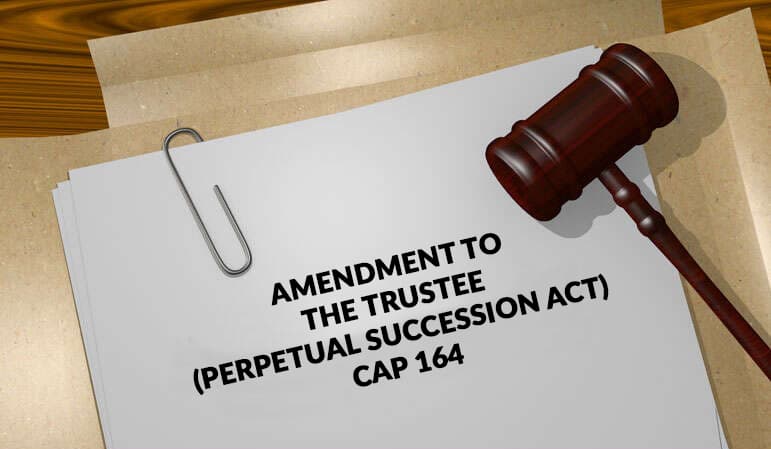Do you want to setup a company?
Having a business up and running most often one needs a company in order to have a structured and well aligned system to function. That is why it is advisable that you open up a company in order to run your business, because a company is a legal person itself and is separate from you.
Here are the requirements for setting up a Limited Liability Company (LLC) in Kenya.
- Provide three (3) proposed names for the company in order of priority, starting with the most preferred name followed by two other names in case the first name bears a similarity with other names already registered.
- Indicate the nature of business, to confirm the scope of services provided by the company as well as to confirm whether the business is regulated by an institute or not or not and whether any special licensing will be required, for example, fintechs and banking businesses are regulated by the Central Bank of Kenya.
- Provide a registered office for the company, this is important because it informs the public of where you are situated in case they want to get to you.
- Provide the share information of the company, i.e. how many shares the company is issuing, how many are being taken up by each proposed shareholder, and what price each share is costing, for example, 100 shares at Kenya Shillings 1000 each. It is important to note that the Companies Registry require all authorized shares of the company to be fully issued at the time of incorporation, i.e. one cannot leave some shares un-issued to issue them to the shareholders at a later date.
- Other documents required to be submitted in respect of the directors, shareholders and beneficial owners of the company for the registration are:
- Full names;
- Identity cards/Passports numbers and copies;
- Personal Income Tax Number (PIN);
- Passport size photos;
- Residential address ;
- Postal address.






